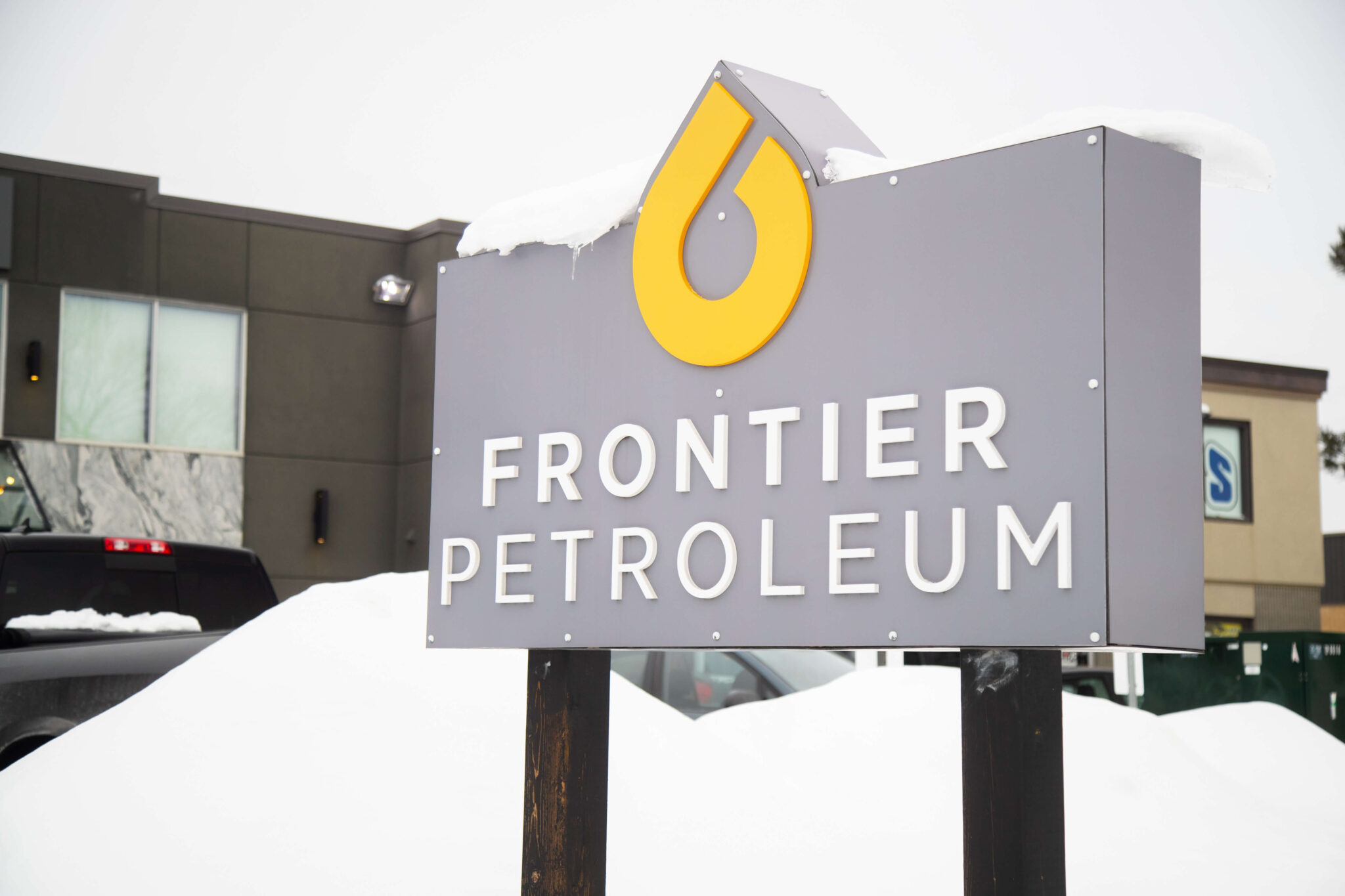
The future of the petroleum industry is subject to a wide range of factors, including the viability of ongoing exploration, changes to production and the manner in which consumption will be influenced by environmental concerns, technological advancements, the fluctuating global economy and government policies. All of these factors have the potential to deliver profound implications for the industry as a whole and are worthy of individual consideration.
Exploration
As the world’s most easily accessible oil reserves are depleted, it will become necessary to explore new areas, such as deepwater and unconventional sources, including shale oil and gas. Advancements in technology and equipment may allow oil companies with a healthy risk appetite to identify, optimize and explore previously inaccessible and uneconomical reserves.
As environmental regulations become stricter, it is likely that restrictions will be introduced which could limit drilling in ecologically sensitive areas. This could restrict exploration activity, or, at the very least, introduce challenging new regulations with which to comply.
Petroleum production
The oil industry is under increasing pressure to reduce its greenhouse gas emissions and will likely require a culture shift towards cleaner production methods and technologies. As pressure to achieve zero-carbon targets grows, it is possible that incentivization could turn to penalization for failure to respond quickly or proactively enough.
It may become necessary for oil producers to identify and implement technological advances in drilling technology, automation and reservoir management to increase the efficiency of oil and gas production. Enhanced Oil Recovery (EOR) techniques have already proven beneficial, and there may be potential to further develop and exploit this technology.
Consumption
It is anticipated that global oil demand will continue to rise until 2028 at which point a peak production of 105.7 million barrels per day will be required to meet demand from the petrochemical and aviation sectors, although the increasing popularity of electric vehicles and a continuing drive to reduce the environmental impact of the industry will see domestic and transportation sectors’ consumption reduce.
Regulations and market dynamics will dominate trends in consumption, with economic growth driving increased demand over the coming decades, while energy efficiency improvements will likely be incentivized. The use of oil in plastic production will probably see a sharp decline as an increased focus on recycling makes use of existing plastic products to satisfy future demand rather than manufacturing new, virgin plastic products.
It is important to recognize that the future of the industry is subject to a huge degree of uncertainty, and these predictions and trends are widely influenced by geopolitical events, changes in public perception and as yet unknown future technological breakthroughs.
What is clear, however, is that the world demands energy security and action on climate change, and the two goals need not be mutually incompatible. By adapting and evolving, transitioning towards more sustainable and environmentally friendly practices and investing at the right time in the right areas, the oil industry will be well prepared to meet the challenges of the future and to continue to thrive in the longer term.